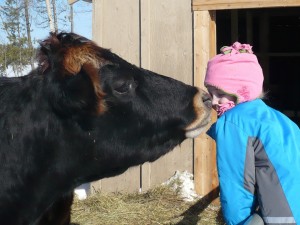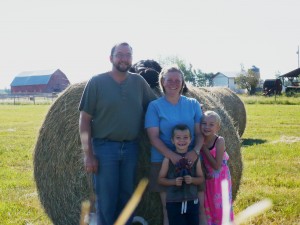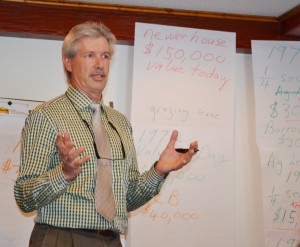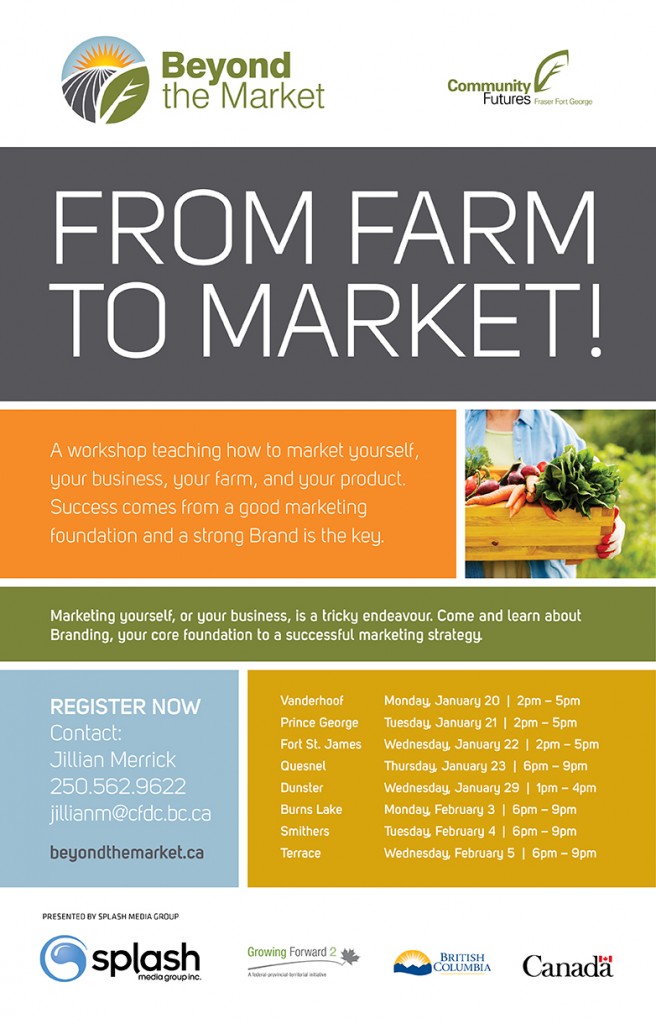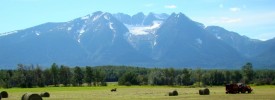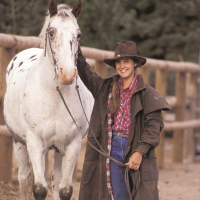Shelley, Brent & Chase Work produce heritage poultry, pork, and waterfowl on their farm based in Vanderhoof, BC.
“Ravenwood Acres is a small scale hobby farm, located in Vanderhoof. We are dedicated to raising quality heritage poultry for Canadian climates! We offer a variety of dual-purpose breeds that are cold hardy, prolific winter layers, and have good utility. We specialize in Chantecler – the only breed created in Canada for our climate – as well as others such as Russian Orloff, Ameraucana, Faverolles, and Brahma to name a few. We have some fun breeds too, including a selection of bantams – Cochins, Wyandottes, and the fabulous Silkie – that are perfect for introducing children to poultry! We love providing projects for 4-H kids! We also run a flock of Welsh Harlequin and Muscovy ducks, for both eggs and utility, as well as beautiful Sebastopol Geese who earn their keep as lawn ornaments! We offer chicken/duck eggs for hatching and consumption, chicks, ducklings and occasionally young/old stock for sale to breeders, farmers, and backyard enthusiasts across the country. For those who don’t have the facility to hatch their own fowl, we recently began offering custom incubation services as well. We breed heritage Tamworth pigs and produce weaners for sale in spring and fall. We hope to add some goat products in the near future.”
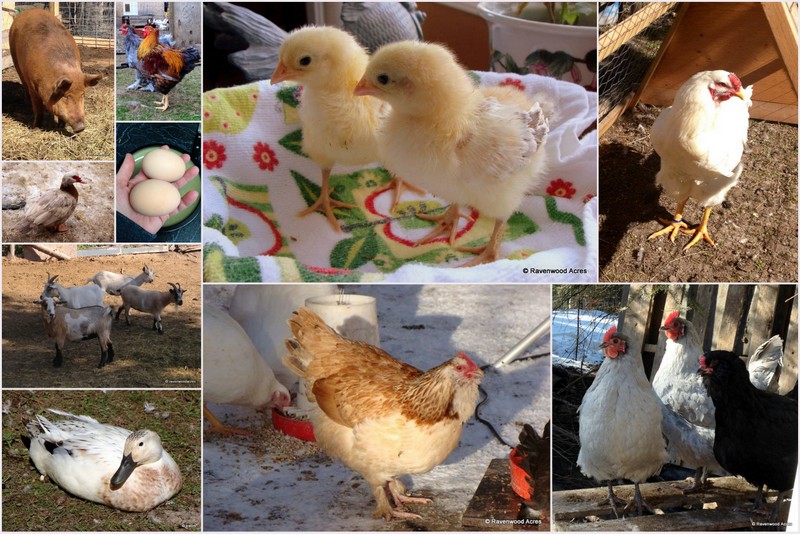
Products:
Chicken/Duck eggs for hatching and consumption, Chicks/Ducklings by custom order, Custom incubating, Weaner pigs and pork, Goat products coming soon!
Availability:
Direct sale/farm gate. Heritage fowl hatching eggs/chicks in spring. Weaner pigs available spring and fall. Excess fowl stock available in fall.
Contact:
(250) 567-4818

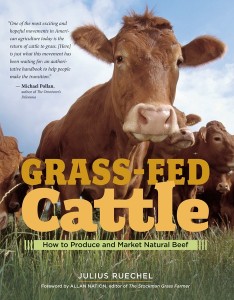 By Curt Gesch, June 2014
By Curt Gesch, June 2014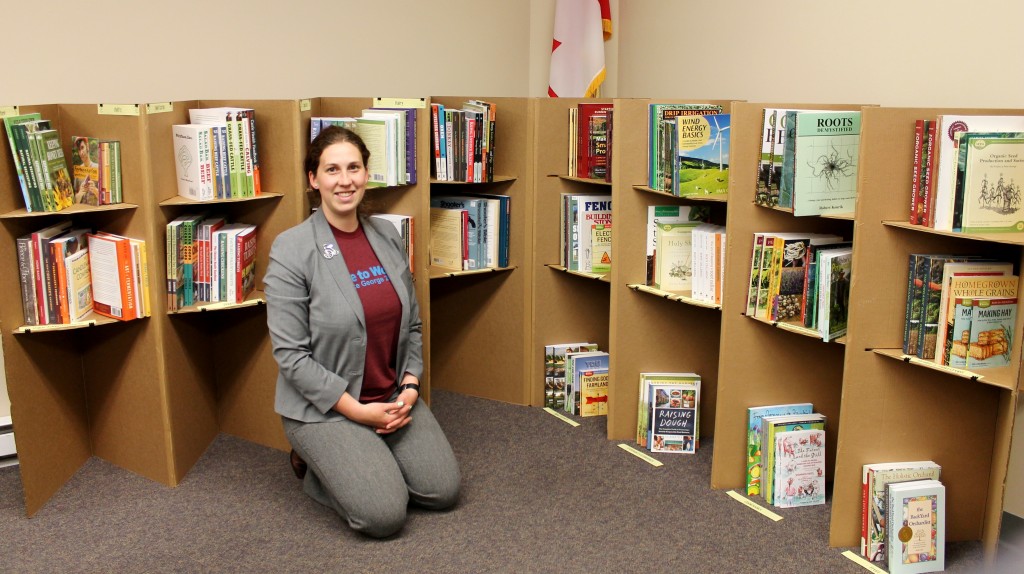 In April 2014, Beyond the Market began its newest inititaive: the Farm Knowledge Network. For the next two years, we will strive to deliver important knowledge, resources and tools to farm operators across the BC Highway 16 to help them learn, develop and grow.
In April 2014, Beyond the Market began its newest inititaive: the Farm Knowledge Network. For the next two years, we will strive to deliver important knowledge, resources and tools to farm operators across the BC Highway 16 to help them learn, develop and grow.